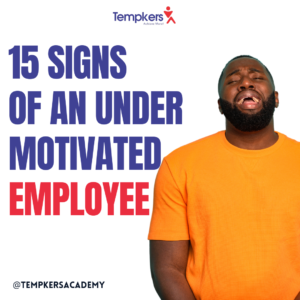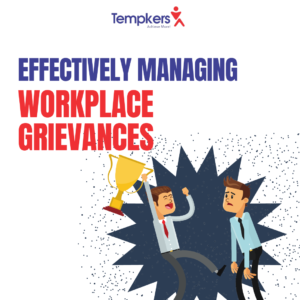
Making Critical Manpower Decisions
One critical decision every HR professional is faced with is ensuring that the manpower needs of a company is met. This means that we have

Creating an excellent CV helps you stand out from the crowd and catch the eye of your potential employers at a glance,
the recruiter or the manager should be able to understand:
A CV is a statement of facts and you must be able to stand behind every claim. Before you start to write your CV, you should find out exactly
what your target employers are looking for and want to see on an applicants’ CV.
The goal is to make it as easy as possible for the HR / hiring manager to see you as a fit for their business. Bear in mind that they will only take around 5-7 seconds to decide if your CV is worth a look. So show them at a glance that you perfectly fit the position you have applied for.
Research info about the company but also about the role in order to adapt your CV and ensure your application is relevant.
Recruiters receive approximately 250 CVs for each job position. One spelling or grammatical mistake and your CV will not be reviewed, this is one of the major filters that recruiters use to select or dismiss potential candidates.
Do not hesitate to print your resume in order to spot mistakes, as it can be easier to spot them on paper than on a screen.
In the end, including a couple of lines about your hobbies, interests or any voluntary or community work.
You’re president of the golf club? Run the amateur landscape photography association? great, not only will this give the potential employer a chance to connect with you on a personal level, but it demonstrates your ability to lead and manage a group outside of a business context.
Hobbies and interests indicate how creative, communicative and persuasive you can be.
If you really want to know how to write an excellent CV, one major tip is making it as easy as possible for HR/ Hiring Manager to see you as a fit for their business.
Read the job specification and analyze the main requirements the employer is looking for, and then write your CV accordingly. Group your academic achievements, work experience and achievements into defined sections.
3. Focus on the measurables, traits
Companies want a smooth best-fit solution from their new employee. Be clear about measurable, metrics, and quantifiable on your CV so that they can cross-reference their needs with your experience. Don’t overextend your use of competencies such as ‘persuasive’ or ‘reliable’ because at certain levels of seniority these are assumed to be implicit.
Employers like to have some information not related to your career to determine your personality and validate that you will be a good fit for their company. It can also be an ice breaker for the potential manager that will have your CV when they interview you.
Who knows? Having a passion in common with the hiring manager could get you a golden ticket for an interview!
And lastly Include a section for referees towards the end. An employer will require at least two references before making an offer. Disclosing the names of your referees on your CV is optional, but if you do, ensure they know you have done so, and that they may hear from a potential employer.
If you would prefer not to disclose names, then simply state ‘Referees available on request’.
An excellently prepared CV gives you a chance to show a prospective employer the best of what you’ve got. It sells your skills, experience, and shows them you’re the right person for the job. Making a good impression is important in today’s competitive job market

One critical decision every HR professional is faced with is ensuring that the manpower needs of a company is met. This means that we have

What is Hazard pay? This is a payment that is made in addition to a worker’s regular salary as a bonus for accepting a job

Have you ever driven your car on 2,3 or 4 flat tires for 10 kilometres ? How did it feel? What was the impact of

Your ability to effectively manage Grievance, can make you a star In a workplace grievances must happen, your ability to effectively manage them makes you

Every CEO desires to have a dream team. People who would come together and give their best to running and growing the business. Most times

In this HR series, we will be discussing FORECASTING How many eyes do you have? Many years ago as children, we were playing hide and
WhatsApp us